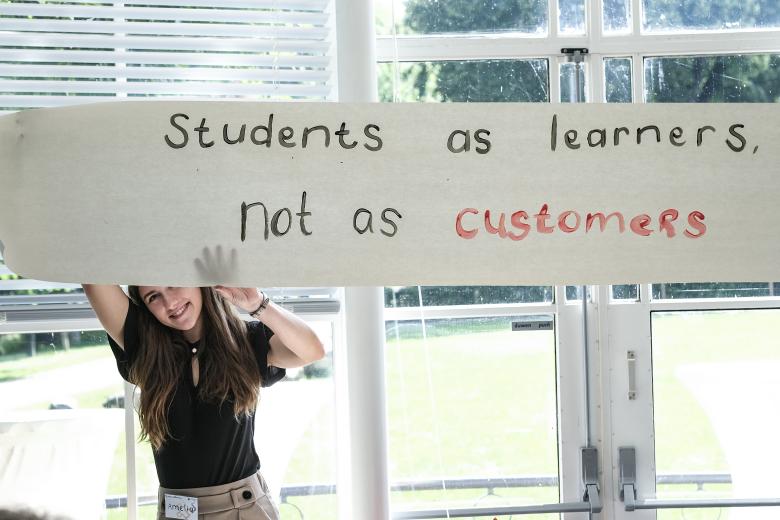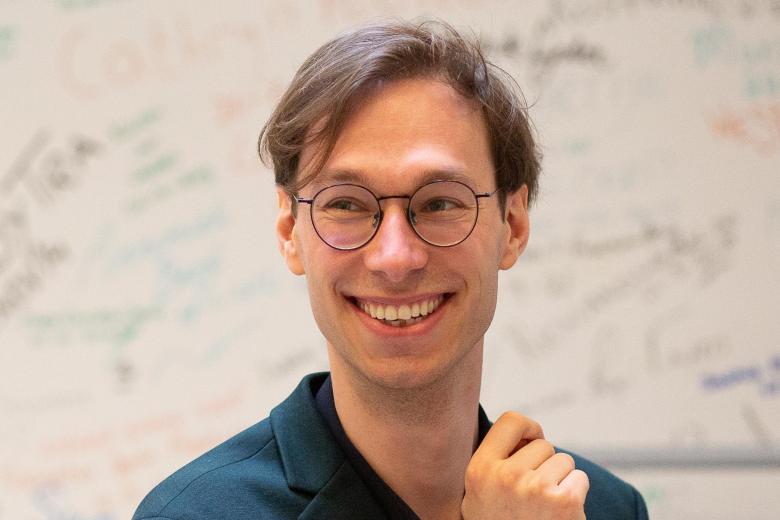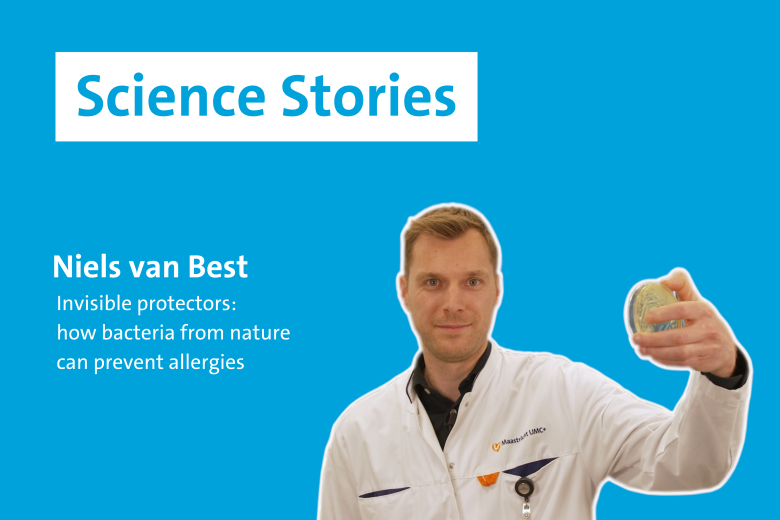Causal Data Science Meeting 2021
“I am thrilled to see people from different disciplines come together” – Guido Imbens, 2021 Nobel Laureate in Economic Sciences
On 15–16th November, the Maastricht University’s School of Business and Economics and Copenhagen Business School jointly hosted the Causal Data Science Meeting 2021. The annual conference is organized by Jermain Kaminski, Carla Schmitt and Beyers Louw from the Department of Organization, Strategy and Entepreneurship at Maastricht University’s School of Business and Economics, together with Paul Hünermund from Department of Strategy and Innovation at Copenhagen Business School.
The two-day conference was once again held virtually and brought together researchers and experts from academia and industry, but this year with a growing number of participants and a larger line-up of speakers. More than 1,200 participants registered this year and the lineup included 34 speakers from leading universities such as Stanford, MIT, Harvard, Columbia University, Yale, and University of Amsterdam, as well as data scientists from industry such as Uber, Booking.com, Spotify, Toyota Research and Albert Heijn.
The conference established a meeting point to collaborate and share insights in how causal inference is used to address the most fundamental and interesting problems that decision-makers are dealing with today, emphasizing the importance of causality in the corporate toolkit.
“Causality questions are ubiquitous in medicine, policy-making and science” - Sara Magliacane
The keynote speaker from the first day was Sara Magliacane, who is an Assistant Professor at the University of Amsterdam and a researcher at the MIT-IBM Watson AI Lab. The keynote provided insight into how principles of causal inference allow us to reason about domain adaptation in a systematic way, or more plainly, how causal insights could be transferred from one domain to another domain with a different population. This is applied in areas such as clinical trials, that allows us to predict with more accuracy whether a certain drug will be effective.
“There is a huge amount more to be done and this is a very exciting time for people starting out in this area” – Guido Imbens
The keynote speaker from the second day was Guido Imbens, who is a Professor at Stanford University and was awarded the 2021 Nobel Memorial Prize in Economic Sciences, jointly with David Card and Joshua Angrist. The keynote provided insights in the development of the synthetic control literature, a powerful technique to estimating causal effects in observational data. Professor Imbens concluded his keynote with his support for the overall motivation of the conference, which is the necessity to bring industry and academia closer together.
The organizing committee would like to thank Maastricht University and Copenhagen Business School for supporting this event. We also want to thank the industry sponsors, Dataiku, Vianai and Vinted, from which the financial support enabled us to reach a wider audience. Lastly, we would like to thank the speakers and attendees for turning the second instalment of the Causal Data Science Meeting into such a great success.
Contact the organizing team if you have any questions or visit the website for more information: https://causalscience.org/
Also read
-
UM Education Days 2025 recap: "Learning never stops"
From inspiring keynotes to bold classroom experiments, this year’s edition reminded us all: Learning never stops.

-
FASoS awarded NWO PhDs in the Humanities grant for project on early bird photography and conservation
We are pleased to announce that Pauw Vos has been awarded an NWO PhDs in the Humanities grant for the project “Narratives of the Nest: Early Dutch Bird Photography and the Visual Construction of Conservation (1890–1940)”.

-
Invisible protectors: how bacteria from nature can prevent allergies
In this video, Niels van Best explains his research on how bacteria from nature can strengthen the immune system of young infants.
